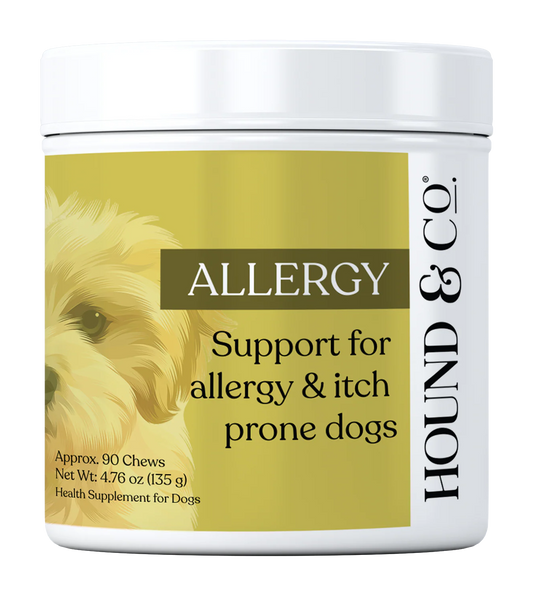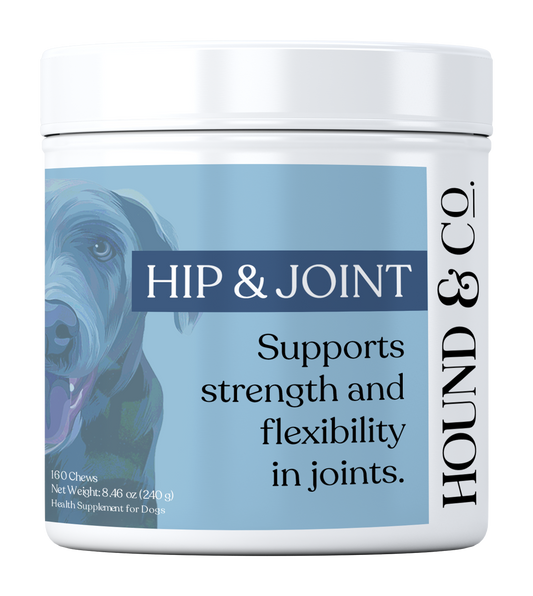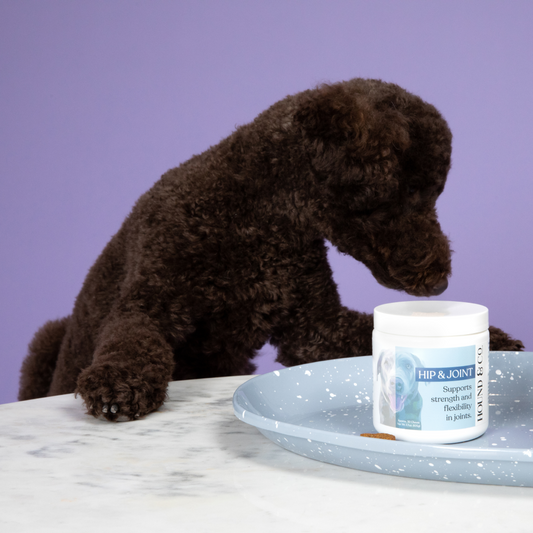5 Sneaky Signs Your Dog Might Have Allergies (That Most Owners Miss)

Vet Reviewed by Dr. Jacob Klos, DVM

When most pet parents think of allergies in dogs, they picture nonstop scratching or constant paw licking. But some of the most common signs of allergies are far more subtle—and often mistaken for unrelated issues.
Here are five sneaky signs your dog might have allergies that you probably haven’t considered:
1. Head Shaking or Frequent Ear Scratching
Dogs with allergies often develop yeast or bacterial overgrowth in their ears due to inflammation. If your pup is shaking their head, scratching at their ears, or you notice a strange smell—it could be an allergic response, not just an ear infection.
2. Scooting (Even Without Worms)
We usually associate scooting with anal gland issues, but it can also be triggered by food or environmental allergies. Allergies can cause irritation and inflammation around the rear end, leading to scooting behavior even in the absence of worms or impaction.
3. Watery Eyes or Reverse Sneezing
Just like in humans, environmental allergens like dust, pollen, and mold can irritate your dog’s sinuses. You may notice more frequent sneezing, watery eyes, or reverse sneezing (that weird honking sound) during high allergy seasons.
4. Chronic Digestive Upset
Food allergies and sensitivities often show up in the gut before the skin. Loose stools, gas, bloating, or inconsistent digestion can be early warning signs. If your dog’s stomach issues come and go without explanation, allergies could be the culprit.
5. Behavior Changes
When dogs feel itchy, uncomfortable, or inflamed, they can act out. This may look like irritability, restlessness, clinginess, or even reduced interest in play or walks. If your dog just doesn’t seem like themselves lately, pain or discomfort from allergies might be the cause.
What to Do If You Suspect Allergies
Allergies can’t be cured, but they can be managed with the right combination of lifestyle adjustments, vet guidance, and daily support.
Here’s where to start:
- Track symptoms and when they occur
- Talk to your vet about allergy testing or dietary trials
- Keep your home free of dust, dander, and mold
- Clean paws after walks to remove allergens
- Support skin and immune health with targeted nutrition and supplements
Early intervention is key to avoiding chronic infections, inflammation, and discomfort. If your dog’s showing any of the signs above—don’t wait to dig deeper.
Your pup can’t tell you what’s wrong—but their body is trying to. And now you know what to look for.









